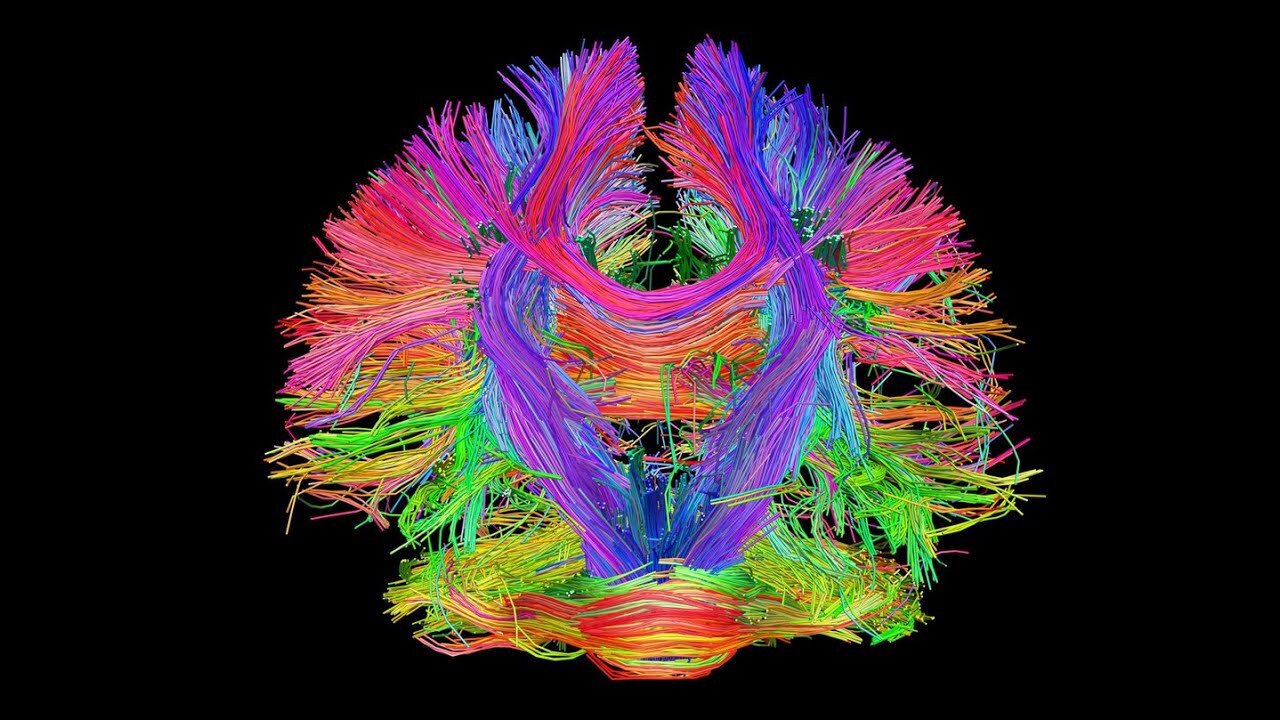

Diagnosis
Diagnostic Evaluation
A comprehensive neuropsychiatric assessment involves an interview, collateral interviews, neurobehavioral mental status examination and may involve reviewing or ordering blood tests and other laboratory investigations, brain imaging, EEGs, and neuropsychological testing where relevant.
Prior to the Evaluation
Prior to the evaluation you will be asked to complete a series of questionnaires. These will allow us to make the most use of the time. The questionnaires you receive will depend in part on the reason for the consultation. Everyone will be asked to answer questions about their current healthcare team, past medical history, prior medication trials, allergies, past psychiatric history, sleep habits, family history, developmental history, personality, and common risk factors for neuropsychiatric disorders.
Patients with suspected functional neurological disorders will complete questionnaires related to mood, anxiety, PTSD, physical symptoms, expression of emotions, drug and alcohol use, trauma history, childhood experiences, and core beliefs.
Patients with suspected dementia/neurocognitive disorder will have a close contact complete collateral questionnaires about your memory, functioning, mood, behavior, thinking, personality, and social interactions over time.
Patients with traumatic brain injury or persistent post-concussive symptoms will be asked to complete questionnaires related to the head injury, as well mood, anxiety, PTSD, ADHD, physical symptoms, drug and alcohol use, emotional expression and commonly occurring symptoms.
You will also be asked to gather prior medical records and results of any prior investigations. If you have had prior brain imaging, Dr. Datta will want to review the actual pictures themselves, and not just the report.

Neuropsychiatric Assessment
Dr. Datta will ask you about the reason you are coming in and what your goals are for the consultation. He will ask you about your current symptoms, level of functioning, and what a typical day looks like. He will then work backwards to understand how your difficulties have evolved since they first began. He will ask about any associated symptoms.
Dr. Datta will review your questionnaires and use them to hone in on relevant areas for further exploration. This may involve reviewing your family and personal medical and psychiatric history, your childhood and development, your sexual and relationship history, occupational history, legal history, and history of past trauma.
Dr. Datta may also want to interview a close contact. This may help fill in the blanks as there may be things you are not aware of or do not recall. In addition, he may also want to talk with your doctor to discuss your case.

Neurobehavioral Mental Status Examination
During the interview, Dr. Datta will pay attention to your appearance, behavior and interactional styles and look for evidence of subtle neurological symptoms. He will assess your speech and language, thinking style, attention and concentration, and memory. He may also assess your executive functions (planning, monitoring and organizational skills), visuospatial skills, and social cognition.
Dr. Datta may use brief cognitive tests as part of this, depending on the reason for the consultation.
Occasionally, Dr. Datta may examine your cranial nerves, motor skills, sensation, reflexes, and gait and coordination.

Neuropsychological Testing
As a neuropsychiatrist, Dr. Datta may perform some basic neuropsychological assessment, but if more extensive testing is required, he would refer you to a neuropsychologist. Neuropsychologists provide a comprehensive assessment of higher mental functions including memory and learning, language, visuospatial skills, executive functions, attention and concentration, and social cognition. This testing can be helpful for diagnosis, monitoring, receiving disability accommodations, and developing a treatment and rehabilitation plan.

Laboratory Investigations
If you have already had an extensive workup, Dr. Datta will review the results of those investigations. If there are additional tests warranted, Dr. Datta will recommend or order them. Depending on the reason for consultation, no testing may be needed. In other cases, extensive testing may be warranted and/or referral to another specialist. If any genetic testing is needed (such as in the case of early onset dementias), he will refer you to a genetic counselor to discuss the implications of such testing.
Dr. Datta does not perform lumbar punctures (spinal taps) in his clinic. As such, if tests from your cerebrospinal fluid are needed, he would refer you (back) to a neurologist.

Brain Imaging
In many cases, accurate diagnosis can be made without any brain scans. However, if the history and examination suggests additional brain imaging is warranted, Dr. Datta will order them. As mentioned above, Dr. Datta will also review any prior brain scans you have had.

Case Formulation
After reviewing all the information, Dr. Datta will develop a formulation with you of what is going on. In addition to bringing a strong understanding of brain-behavior relationships, Dr. Datta will also try to understand how developmental, psychological, social and cultural factors might be relevant to what you are experiencing. He will use this information to come up with not only a diagnosis but a more complete picture of what might be going on and use this to develop a personalized treatment plan or recommendations.
